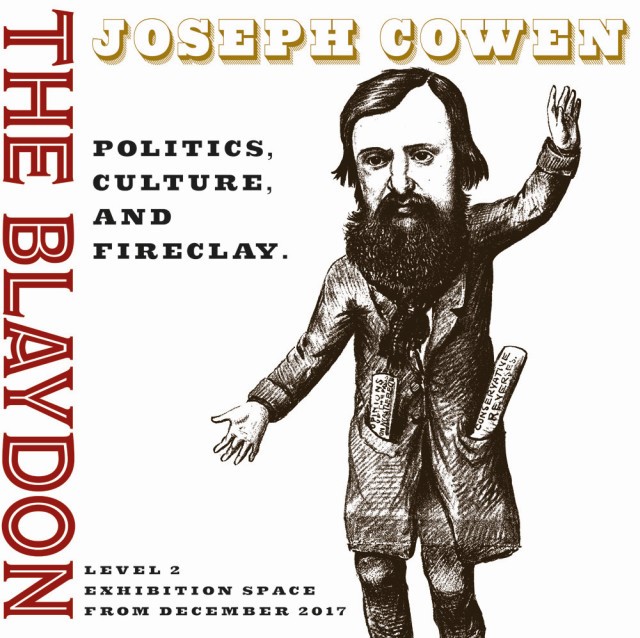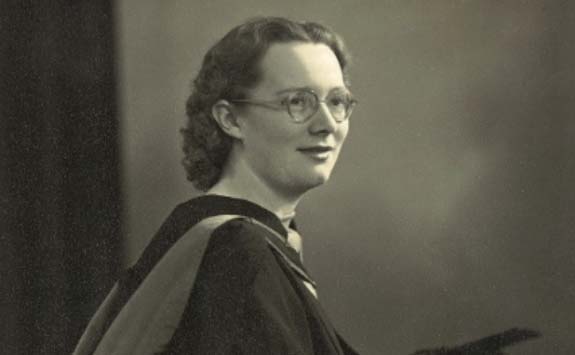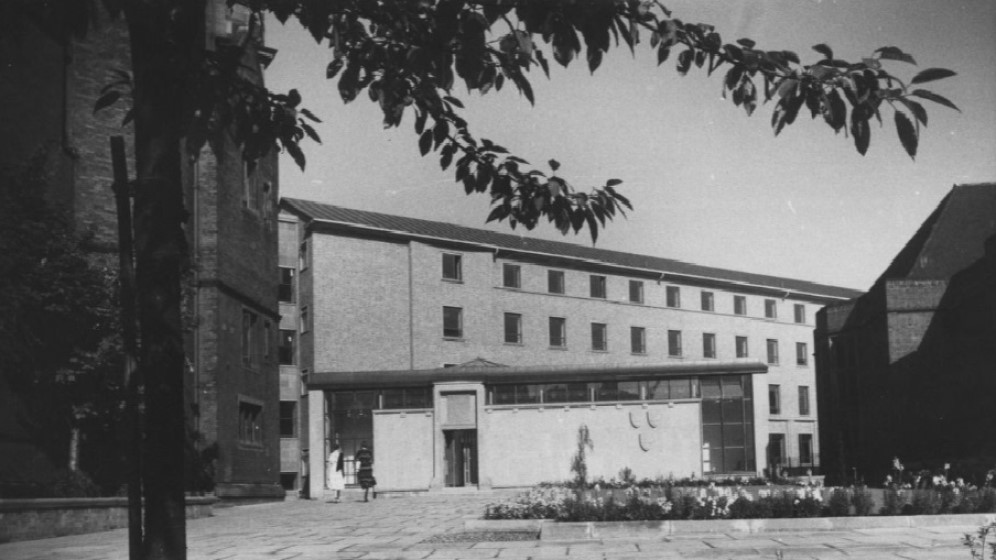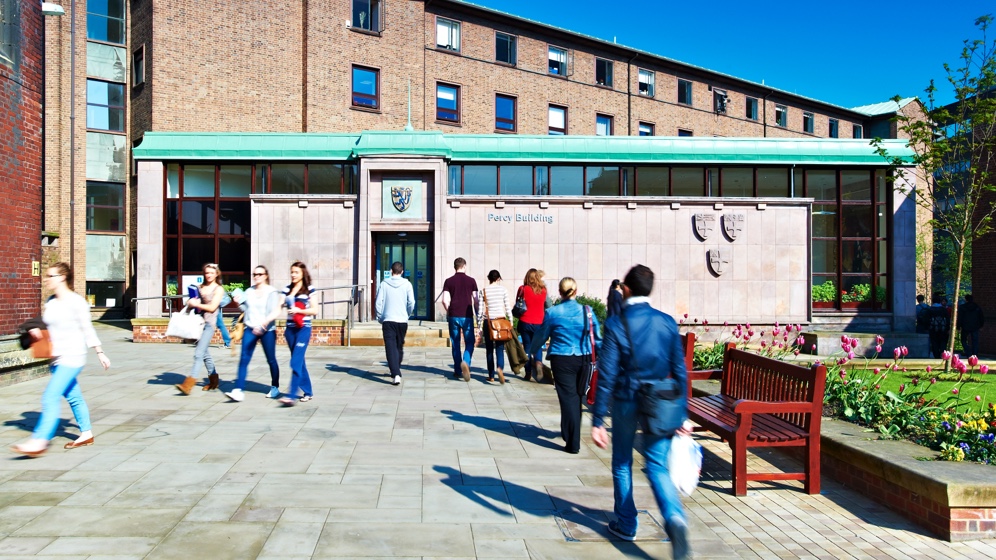About the School of English Literature, Language and Linguistics
The School of English Literature, Language and Linguistics is a QS World Top 100 school with a long and prestigious history.
Let our students tell you more about who we are. Follow our student run Instagram (@ncl_english).
We are the highest ranked department for research in Literature and Language in the UK and a World Top 100 School for English Literature and Language (QS World Rankings, 2025).
Our community of scholars is made up of literary critics, linguists and creative writers. Our research and teaching across our disciplines is characterised by historical breadth, depth of choice and opportunities for learning across subjects. Our creative writers have published prizewinning novels, poems and plays and we actively foster new generations of writers though teaching, practice and opportunity.
We offer single honours undergraduate degrees in English Literature, English Language and Linguistics.
We have joint honours undergraduate degrees in Literature and Creative Writing, English Literature and History and in Classics and English. Students may also pursue a Linguistics degree with a language (Spanish, French, German, Chinese or Japanese). We are also partners in the interdisciplinary BSc in Cognitive Science.
We offer MAs and PGCerts in Creative Writing, an MA in Writing Poetry and in Linguistics. We offer PhD programmes in all our disciplines.
Our work is inspired by those who have championed education. literature, language and the arts in our region. Here are three of the people who have shaped our history, values and practices as a School.
Our Professorship of English Studies, established in 1898, is named in honour of Joseph Cowen.
Cowen was a reforming politician, journalist, and radical who consistently spoke up for the concerns of his working-class constituents. He helped found the first public library in Newcastle and was its first borrower, taking out John Stuart Mill's On Liberty. The School's main prize for Literature, given for an outstanding piece of undergraduate work every year, is named after his friend, Robert Spence-Watson, the Gateshead reformer and advocate of women's education.

We appointed the very first Professor of English Language and General Linguistics in Britain.
In 1964, Barbara Strang was appointed to the professorship, becoming one of the first women to hold such a post anywhere in the world. Her authoritative work on the history of English established a rich strand of research into dialects of English including Geordie. Renowned for her commitment to scholarship of the very highest standards, the Barbara Strang Teaching Centre at Newcastle is deservedly named in her honour.

In 2009, Professor Linda Anderson founds the Newcastle Centre for the Literary Arts (NCLA) from the School.
Linda Anderson's vision shaped many aspects of our School but none greater than when she established the School's degree in English Literature and Creative Writing. This degree recognised the North East's rich history as a place of and for writers, especially poets. The Centre was then founded by her as a place where contemporary writing might be performed and presented to public audiences.
It was opened by Nobel Laureate Seamus Heaney, who composed his poem 'Slack' in honour of the Centre.
The NCLA contributes to the cultural life of the North East by showcasing established and up-and-coming writers, dramatists, film-makers and poets. It offers an annual showcase for our creative writing students to share their work. Its archive preserves the papers of our region's writers including the archive of the Northeast's internationally lauded poetry publisher, Bloodaxe Books.







